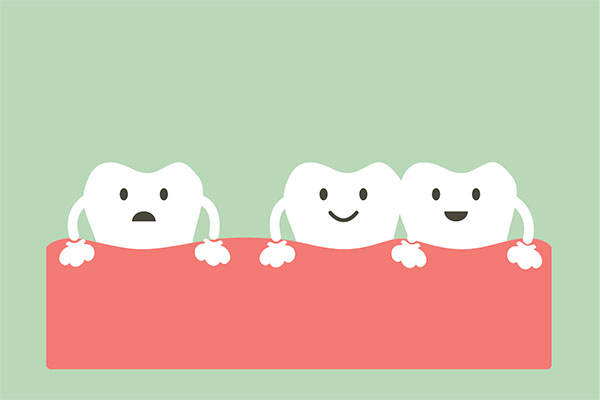


 Dental bonding can address cosmetic and structural issues that affect teeth. The treatment involves applying a composite resin to the patient’s teeth and shaping the composite as needed. The composite blends in with the rest of the person’s teeth, which ensures that any repairs performed look natural.
Dental bonding can address cosmetic and structural issues that affect teeth. The treatment involves applying a composite resin to the patient’s teeth and shaping the composite as needed. The composite blends in with the rest of the person’s teeth, which ensures that any repairs performed look natural.
How dental bonding is used to repair chipped, cracked, and gapped teeth
The process of dental bonding does not cause any pain, so there is no need to use an anesthetic unless the procedure is being used to treat tooth decay. There is no need to make any permanent alterations to the patient’s tooth either, as is the case with crowns or veneers.
The only preparation that is done to a patient’s tooth before dental bonding is roughening up its surface so the composite sticks better to it. This does not affect the tooth’s structural integrity in any way nor its ability to protect itself against acids in the mouth.
Once the patient’s tooth has been prepared for the composite (which has been color-matched with the rest of their teeth), the putty-like resin is applied to the tooth in layers. This leads to a stronger structure and bond with the tooth. The dentist hardens the composite with a curing light. The dentist might make alterations to the restoration once it hardens before finishing the treatment by polishing the tooth.
Issues that dental bonding is commonly used to fix include discolored, cracked, or deformed teeth. Resins can also be used to close gaps between teeth and rebuild teeth that have been damaged by decay.
It takes anywhere around 45 minutes to an hour to repair a tooth with composite bonding. The procedure is completed during a single dental procedure, so the patient gets to leave the clinic with their smile restored.
Life after dental bonding
The process of restoring teeth with dental bonding does not require a recovery period, and patients should be free to get back to their regular activities right after the appointment. Teeth that have been restored with composite resins do not require any specialized care. Brushing and flossing are all it takes to keep these teeth and their composite restorations in good condition. When well maintained, restorations made with composite resin can last up to five years.
The composites used for the process are not as durable as real teeth, so people with teeth repaired with dental bonding should avoid hard foods that can damage them, like ice or hard candies. They should also avoid using their teeth as tools to open bottles or packages. Composite repairs tend to chip off as they build up wear and tear, but dentists can easily perform touch-up treatments to restore their appearance.
Restore your damaged teeth
Composite bonding can be an affordable, non-invasive way to restore damaged or discolored teeth. Call or visit our Brevard clinic to set up an appointment with our dentist.
Request an appointment or call Carolina Smiles Family Dental at 828-974-3326 for an appointment in our Brevard office.
Recent Posts
Dental bonding is one of the most versatile and minimally invasive restorative and cosmetic dental procedures. Dental bonding is the go-to procedure for many patients looking to fix imperfections or enhance their smile, from enhancing the appearance and shape of teeth to repairing damaged enamel. Whether you are new to cosmetic dentistry or considering touch-ups…
Dentists often use dental bonding to fix tooth problems. Continue reading to learn more about this type of dental restoration. Many dental patients are opting for this tooth restoration treatment because it strengthens teeth and gives them a natural appearance. Dental bonding also has a much longer lifespan than most tooth repair options. But how…
Dental bonding is a non-invasive treatment that has cosmetic and therapeutic uses. It involves applying composite resin – made with mixtures of plastic and glass – to the patient’s tooth. These composites can be shaped and molded as desired, allowing the dentist to address issues like decay or damage to a tooth. Composite resins can…


